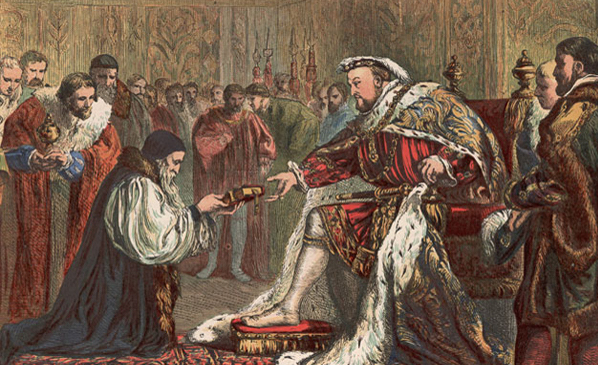Nestor Ravilas
Ruby Paredes on her book “Colonial Democracy” says that the problem with our democracy is that our democratic institutions were established under colonial power. She is saying, in effect, the problem is either what was bequeathed to us by our American overlord is a distorted form of democracy, or we have not fully understood something that was actually imposed to us. Or both defects might have been embedded within Philippine democracy without us recognizing it. In that case, what we have learned and has immensely left an impact to our culture and psyche is the docility and subservience to colonial master than the emancipating “people is the sovereign” principle of democracy.




